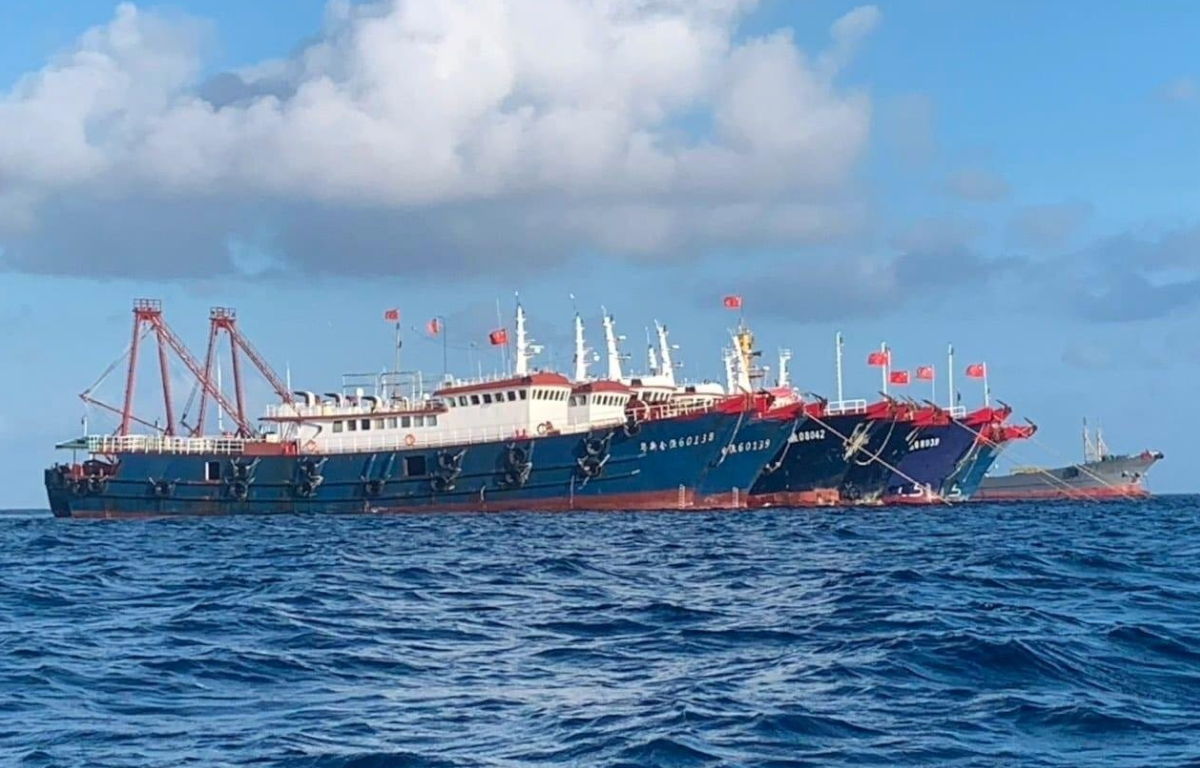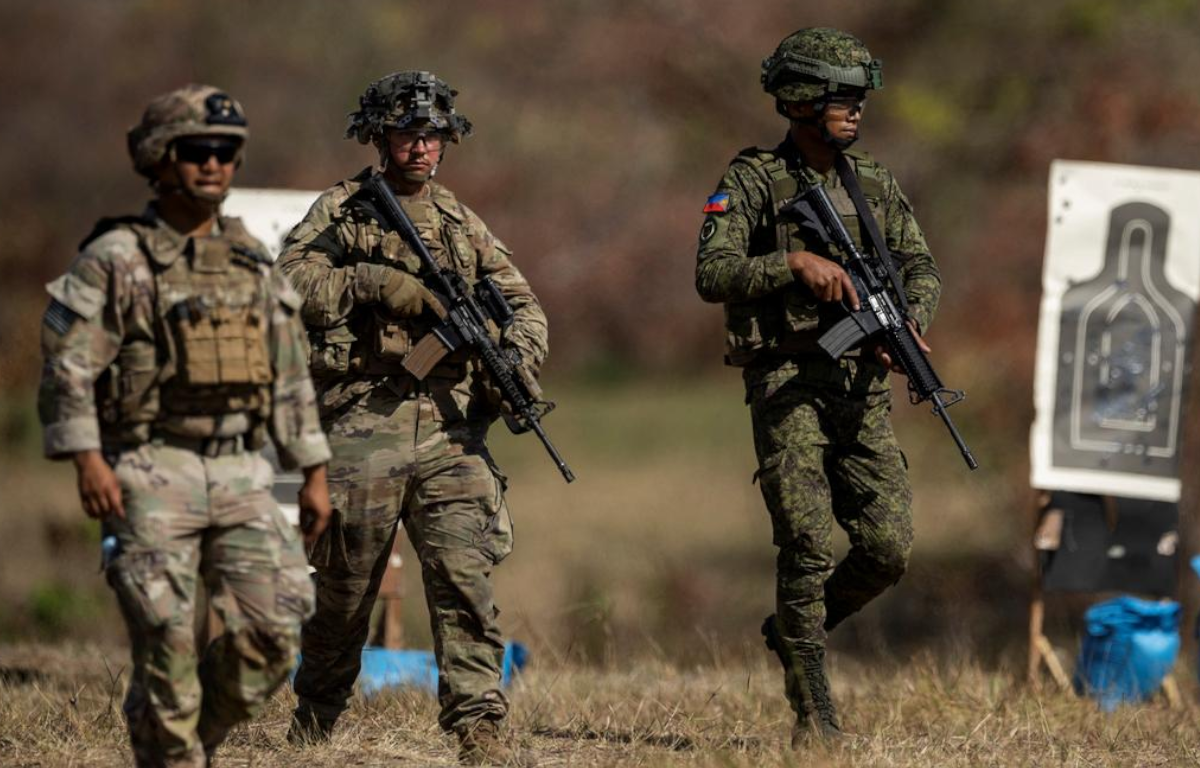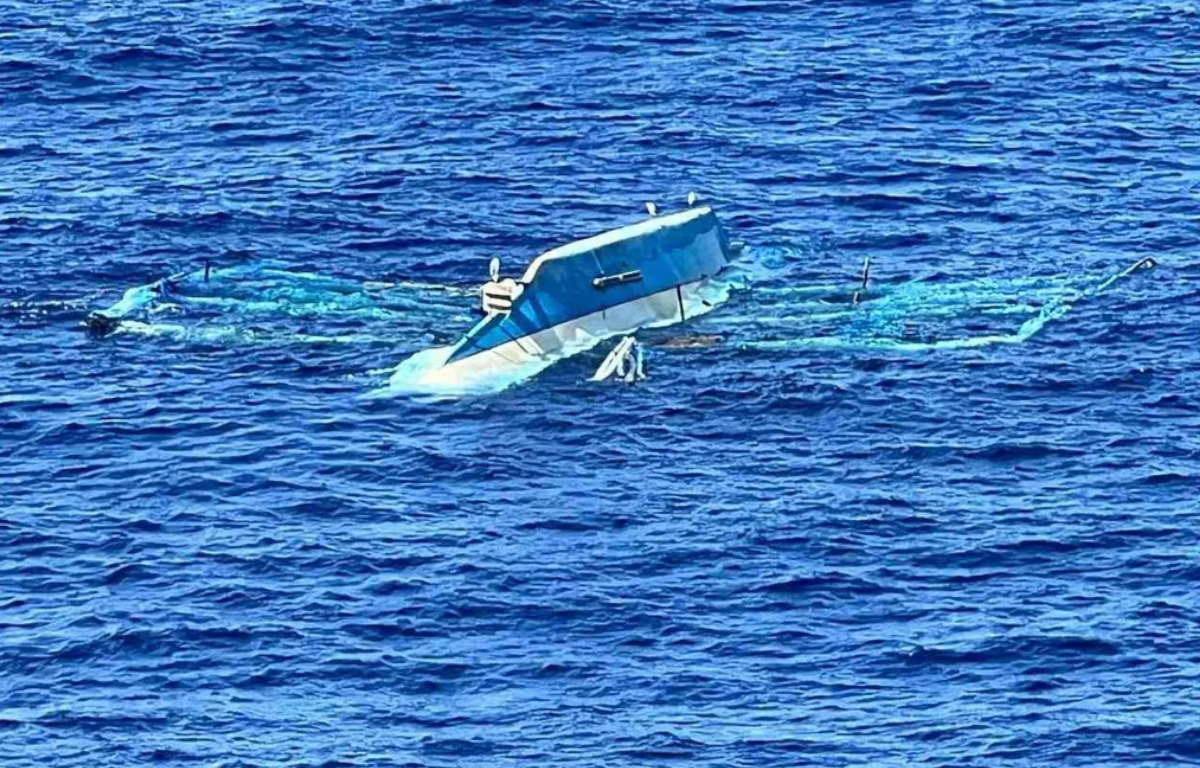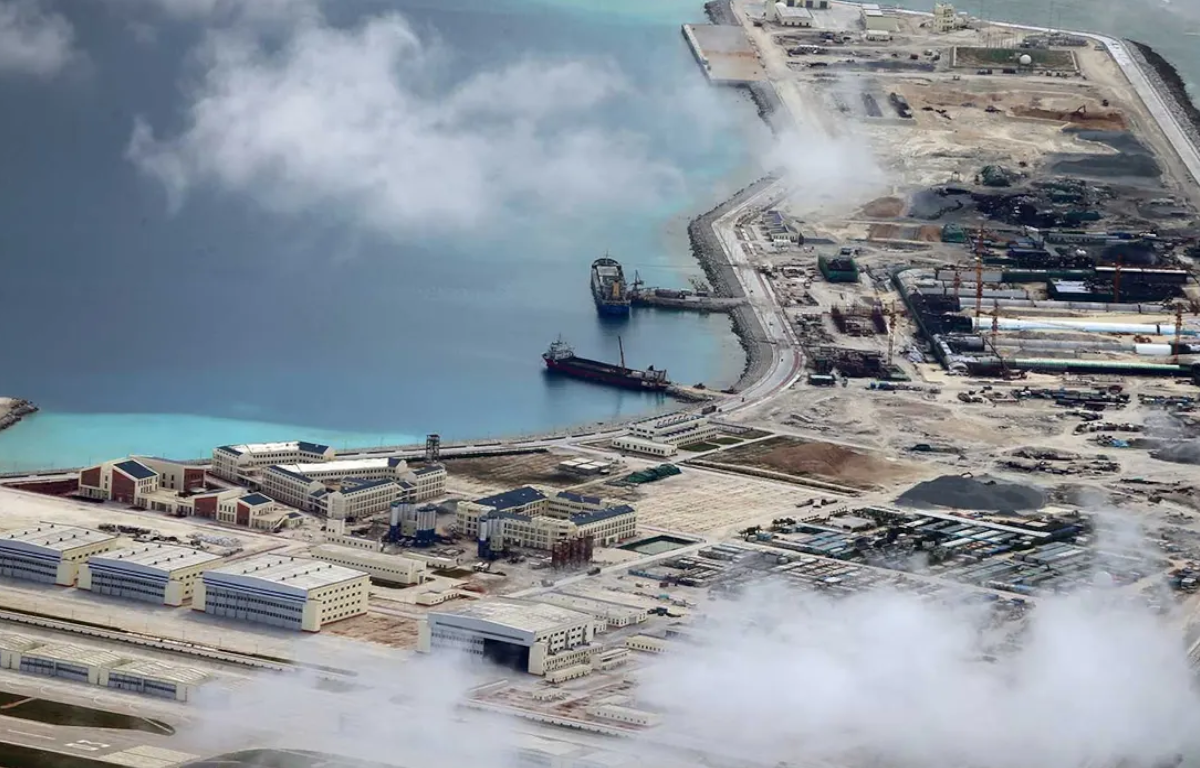
The West Philippine Sea, known for its strategic importance and rich marine resources, has been a focal point of maritime disputes involving China, the Philippines, Vietnam, Malaysia, and other neighboring countries. These disputes revolve around conflicting claims over islands, reefs, and maritime boundaries, leading to occasional confrontations and diplomatic tensions.
The DND’s stance reflects a broader effort to promote stability and prevent the escalation of tensions in the WPS. Joint maritime activities, while potentially beneficial for cooperation and confidence-building among nations, must be conducted in a manner that avoids provocative actions or the exacerbation of existing disputes.
The Philippines, as a claimant state in the WPS disputes, has consistently advocated for peaceful resolutions through diplomatic means and adherence to international law, including the United Nations Convention on the Law of the Sea (UNCLOS). The DND’s statement aligns with this approach, emphasizing the need for all parties to exercise restraint and refrain from actions that could heighten tensions or lead to miscalculations.
The dynamics in the WPS have drawn international attention, with concerns raised about militarization, freedom of navigation, and the potential for conflict escalation. The United States and other countries have conducted freedom of navigation operations (FONOPs) to challenge what they view as excessive maritime claims and to uphold the principles of international law.
Efforts to manage tensions in the WPS have included diplomatic dialogues, multilateral engagements, and confidence-building measures among claimant states. Regional forums such as the Association of Southeast Asian Nations (ASEAN) play a crucial role in facilitating discussions and promoting cooperative approaches to maritime security and dispute resolution.
The DND’s emphasis on avoiding actions that could increase tensions underscores the delicate balance required in managing maritime disputes. While joint maritime activities can contribute to mutual understanding and cooperation, they must be conducted with sensitivity to the complexities of the regional security landscape and the potential for unintended consequences.
As regional dynamics continue to evolve, maintaining open channels of communication, fostering trust-building measures, and upholding the rule of law will be essential in promoting stability and security in the West Philippine Sea. The DND’s statement serves as a reminder of the importance of responsible maritime conduct and the pursuit of peaceful resolutions to longstanding disputes in the region.










Share this: